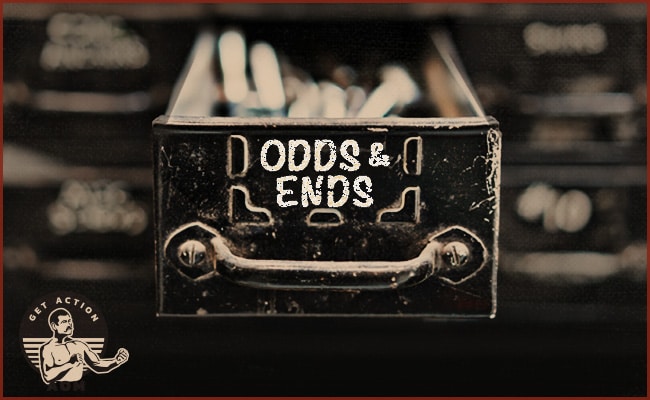
The Storm of Steel by Ernst Jünger. Maybe you’ve seen a movie and read a couple books about WWI. You think you know what it was like for the soldiers who fought in that war. Then you read The Storm of Steel and realize you truly didn’t grasp it at all. German officer Ernst Jünger’s book, which was drawn from his journal entries, drops you right into the trenches and offers the reader a visceral, unmatchable look into what it’s like to constantly face a gruesome death and kill other men. Jünger has sometimes been criticized for glorifying war, and while he does find glimmers of honor in the conflict (largely in the fidelity of his men) to a greater extent than many of his more cynical contemporaries, his detailed accounts of death and destruction leave no doubt as to war’s horrors and absurdities. Sometimes his reports of one attack and casualty after another become a little redundant, but overall, this is a compelling read that will leave you amazed as to just how unbelievable an experience WWI really was.
Wool Dryer Balls. Do you know how fabric softener sheets work? Dryer sheets soften and remove static and wrinkles from clothes by depositing a chemical film on them. Not only might you not want these chems on your clothes, but the coating inhibits the absorbency and moisture-wicking properties of things like towels and synthetic workout shirts. Plus, they’re wasteful. We’ve swapped dryer sheets for wool dryer balls for several years now and are happy with the trade. They don’t soften and reduce wrinkles to the same extent as dryer sheets, but they get the job done and also reduce drying time. And you never have to buy fabric softener sheets again. The balls we link to are still going strong in our household three years after purchase and made in America; if you don’t care about their origin, you can buy them for much cheaper.
Fashion Nugget by Cake. I was a big Cake fan in high school and college. They’re one of the best rock shows I’ve seen. I don’t know why I stopped listening to them, but I re-discovered them again recently and have remembered why I enjoyed them so much. They just sound different from most rock bands. Their sound has a mix of rock, funk, and hip-hop, but also country music and mariachi. Their album Fashion Nugget is a good representation of their work. “Going the Distance” is still one of the all-time great pump-up songs for a race or game. That baseline is so dope.
Working With Your Hands Is Good for Your Brain. You’ve probably noticed that there’s something about doing things with your hands that’s uniquely satisfying. The reality of this feeling has been scientifically proven. Writing by hand has been shown to engage the brain significantly more than typing, and as this NYT article notes, research has shown that doing hands-on activities like painting and gardening result in “cognitive and emotional benefits, including improvements in memory and attention, as well as reductions in anxiety and depression symptoms.” In allowing you to witness the way that your actions can bring about a concrete result in the world, working with your hands may also combat the happiness-squashing state of learned helplessness. Of concern then, is what may happen to our mental states in a world where the need to work with our hands continues to contract. As one researcher observed, “Skills involving fine motor control of the hands are excellent training and superstimulation for the brain. The brain is like a muscle, and if we continue to take away these complex movements from our daily lives — especially fine motor movements — I think that muscle will weaken.” So exercise your brain this weekend by writing a real letter or tinkering in the garage.
Quote of the Week
The great Easter truth is not that we are to live newly after death—that is not the great thing—but that we are to be new here and now by the power of the resurrection; not so much that we are to live forever as that we are to, and may, live nobly now because we are to live forever.
—Phillips Brooks



